
Chickenpox and its Vaccine for Babies
5 min readWritten by Editorial Team


Babies are weak and they are prone to diseases. Chickenpox is one of them. In this article, we will try and clear all your doubts about the chickenpox infection and its vaccine.
We will look at the schedule of the vaccine, how it benefits the baby, what are the side effects and how to prevent them. We will focus on when the baby should get vaccinated and how to take care of the baby after it is vaccinated.
In This Article
- What is Chickenpox?
- How do Babies get Chickenpox?
- How to Prevent Chickenpox in Babies?
- Benefits of the Vaccine
- At What Age do Babies Get the Chickenpox Vaccine?
- Side Effects of the Vaccine
- How do You Prevent the Side Effects of the Vaccine?
- Caring for the Baby After Immunisation
- When Should you Seek Help From a Doctor?
- What if You Choose Not to Vaccinate Your Baby?
- We Would Still Recommend Getting Vaccinated!
What is Chickenpox?
Varicella virus causes an infection where you develop tiny-sized blisters all over your body. It is commonly called chickenpox. You may have rashes and itchiness as well. It is contagious. Other symptoms include fever, fatigue, excessive sleep, and coughing.
How do Babies get Chickenpox?

Varicella causes chickenpox, and it is contagious. It can spread via human contact, sneezes, coughs, saliva, or mucus as well. If the baby gets in contact with the virus, it gets it. If the baby touches a fresh chickenpox blister, it can get the infection immediately. If a newborn gets chickenpox, it can be serious. Check out the risks that follow if a baby gets a chickenpox infection:
- Scarring of the skin
- Weakness
- Inflammation of several parts and organs of the body, although rare, like joints, kidneys, tissues around the brain and spine, and eyes.
- Dehydration
How to Prevent Chickenpox in Babies?
Varicella virus spreads among humans exactly like cold or flu. So, the methods or prevention for flu and chickenpox are very similar:
- Keep yourself and your baby clean.
- Wash your hands frequently and disinfect them.
- Disinfect the toys for your baby.
- Maintain proper hygiene at your home.
- Keep distance from people suffering from viral diseases like cold and flu.
However, the most important and effective way to prevent chickenpox infection is to get a chickenpox vaccine for babies!
Benefits of the Vaccine

Varicella vaccine contains an attenuated virus, which, when injected into the body, strengthens the immunity against chickenpox. The benefits of varicella immunization are:
- Immunity against the virus
- Much milder symptoms if you ever get affected by chickenpox
- The infection stays for a significantly lesser number of days
- The chances of developing blisters are much lower
- People infected with chickenpox might have a chance to develop Shingles later on. Shingle is a type of disease that causes rashes and affects the nervous system. The chance will reduce.
- Also, if more and more people get the vaccine, the entire community will be more immune to the varicella virus.
At What Age do Babies Get the Chickenpox Vaccine?
First up, to get the vaccine, the baby should not be infected with chickenpox. If the baby is already exposed to the varicella virus once, the immunity would have automatically developed.
- The baby can get the first dose of the vaccine anytime between twelve to fifteen months of age.
- You can give the second dose after the baby turns four, between four to six years of age.
- Both doses are subcutaneous (between the muscle and the skin) injection shots.
- Both doses of the vaccine cost anywhere between Rs. 1500 – 2400, each.
- Babies under 12 months should not get the vaccine.
You can delay the first shot of the vaccine if the baby is ill since the immune system is weak. Once the baby is healthy and fully recovered, there is no harm in taking the vaccine. If the baby had a nasty reaction after the first dose, you should avoid the second dose.
Side Effects of the Vaccine
Like every vaccine, the chickenpox vaccine also has some adverse effects on the body. Some of the common ones are:
- Fever
- Rash and pain where the vaccine is injected
- Stiffness in joints
- A febrile seizure, or a seizure with high fever
Rarely, some serious reactions may occur. It may look like:
- Severe rashes
- Severe chickenpox infection because of the virus from the vaccine
- High fever along with seizures/strokes
The best possible help in case of a reaction is to call a doctor.
How do You Prevent the Side Effects of the Vaccine?
You cannot prevent the side effects of a vaccine. They are inevitable. Side effects are a result of the developing antibodies in the baby’s body. When there are side effects, like fever, fatigue, rashes, we can say that the vaccine is doing its job.
We can take care of the baby when the side effects of the vaccine kick in and try and comfort it.
Caring for the Baby After Immunisation

The side effects are inevitable, so it is essential to take care of the baby. You can check the temperature to see if the fever isn’t high. You can check for uneasiness or stiffness. Make sure that the baby is as comfortable as possible.
If the side effects trouble the baby too much, you can use medicines like liquid paracetamol but only after consulting your doctor. It will negate the side effects and relieve the baby from that pain.
When Should you Seek Help From a Doctor?
The vaccines are, time and again, thoroughly tested for safety. But in case of a reaction or severe adverse effects after chickenpox immunization, seeking a doctor is a must. You can check out the following symptoms:
- If the fever lasts for more than four days
- If the baby is coughing hysterically
- Vomiting
- If the blisters are leaking pus
- Pain in the stomach
You should not neglect the abnormal signs after the vaccination of your baby. It is extremely rare, but it can be fatal.
What if You Choose Not to Vaccinate Your Baby?
The newborns inherit some immunity from their mother soon after birth. But it fades away in about two months. After that, you should take care of your baby till the varicella vaccine is given. It includes:
- Proper hygiene
- Avoiding unknown contact
- Disinfecting everything around the baby
Even if you choose not to vaccinate the baby, chickenpox is not a lethal infection. It lasts for about two weeks, and the body becomes immune to it once we are infected. So, the chances of getting chickenpox again are negligible.
We Would Still Recommend Getting Vaccinated!
The US Department of Health and Human Services has stated the vaccine to be more than 90% effective against the virus. Those with a weak immune system should definitely get vaccinated against the varicella virus.
Even though chickenpox is not that lethal, it can cause trouble sometimes. So, it is better to be on the safe side. And, you can avoid the pain of all those blisters and rashes which feel like needles pricking through your skin. We hope that this article was helpful!
Read Also: MMR Vaccine for Babies: A Complete Guide

Editorial Team,
With a rich experience in pregnancy and parenting, our team of experts create insightful, well-curated, and easy-to-read content for our to-be-parents and parents at all stages of parenting.Read more.
Responses (0)
Want curated content sharply tailored for your exact stage of parenting?
Related articles

Top 6 Best Bath Books For Babies in First Year
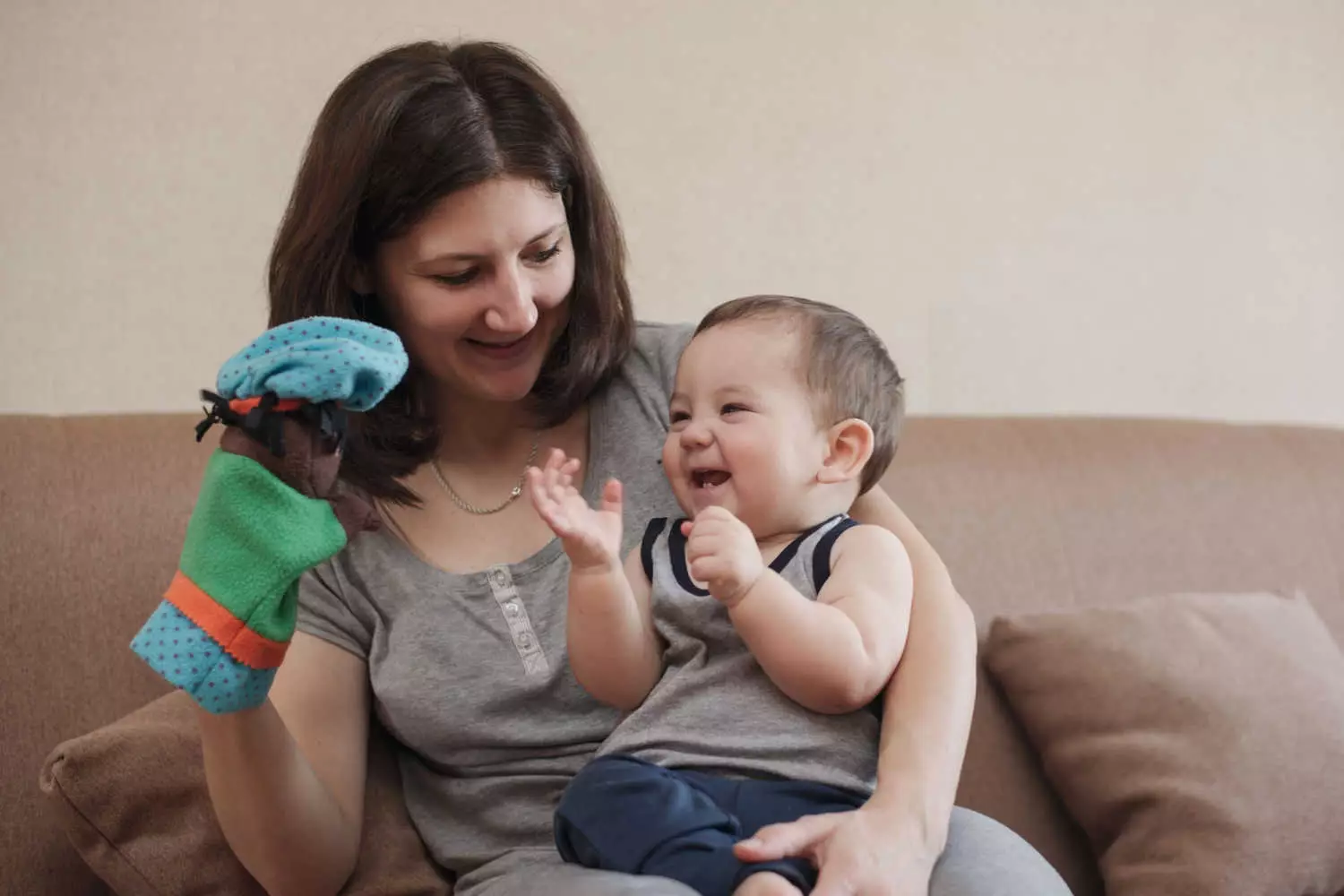
Puppet Play For Babies – How it Helps in Baby’s Development
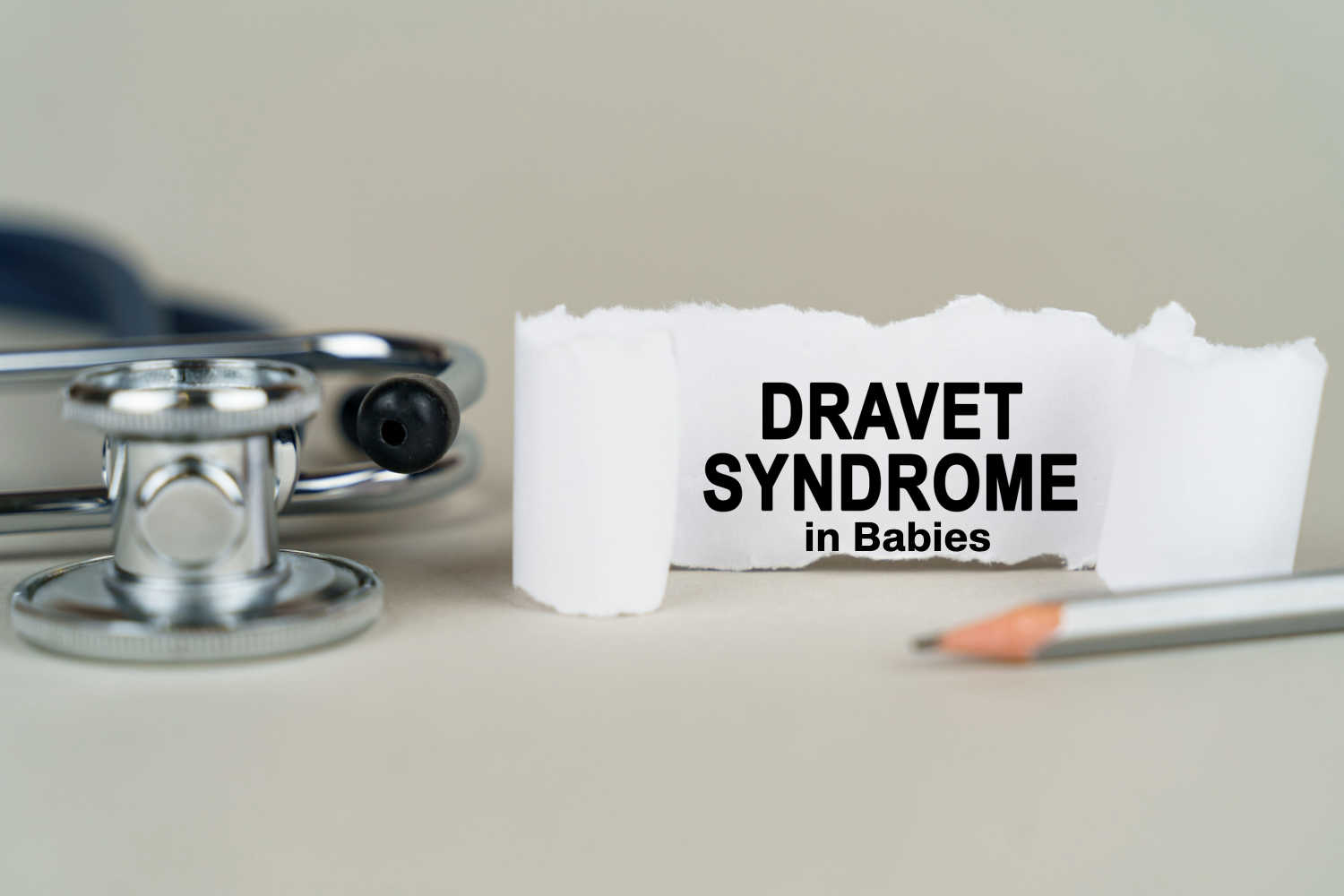
Dravet Syndrome in Babies – Causes, Symptoms, and Treatment
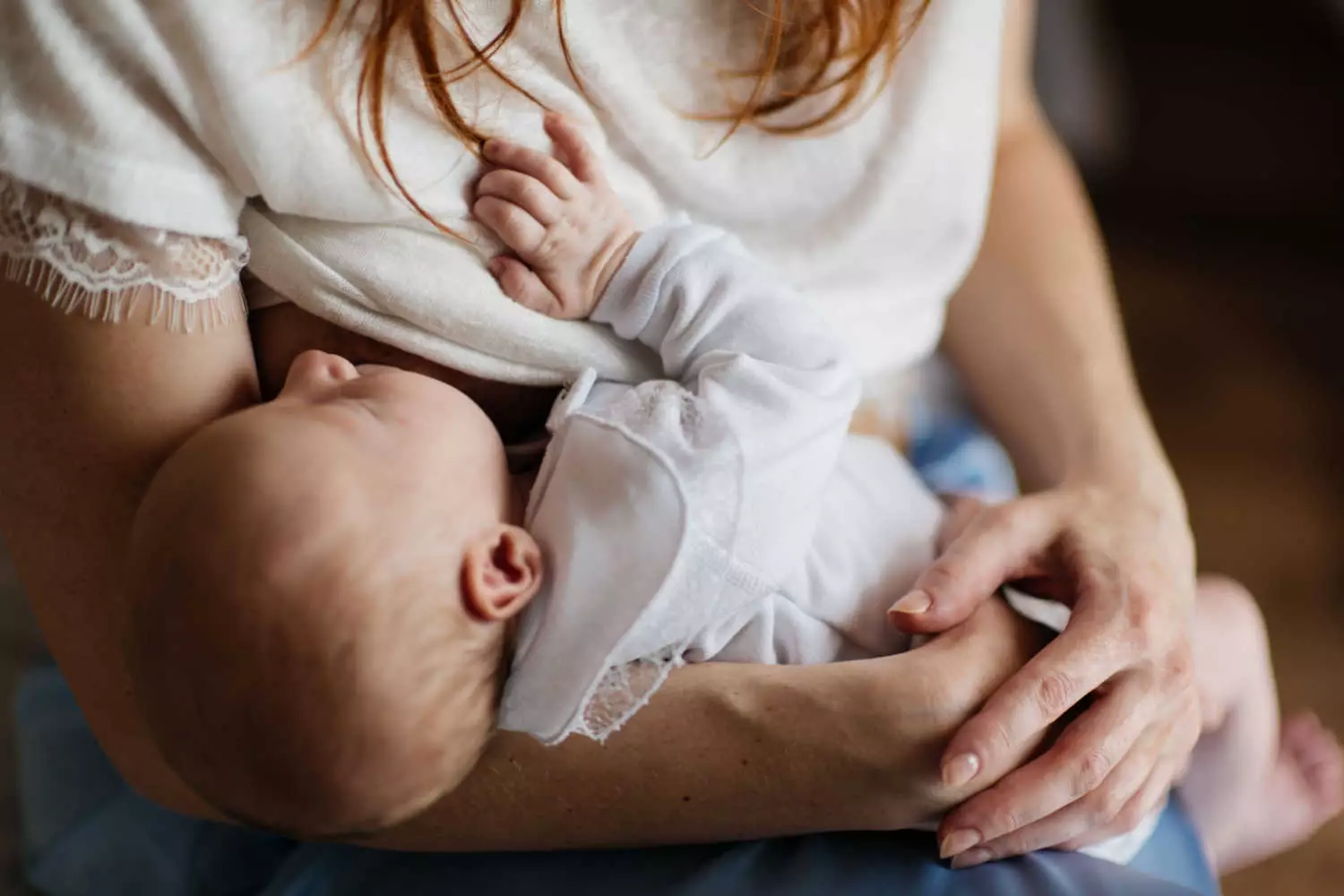
Breastfeeding After IVF – Tips to Cope
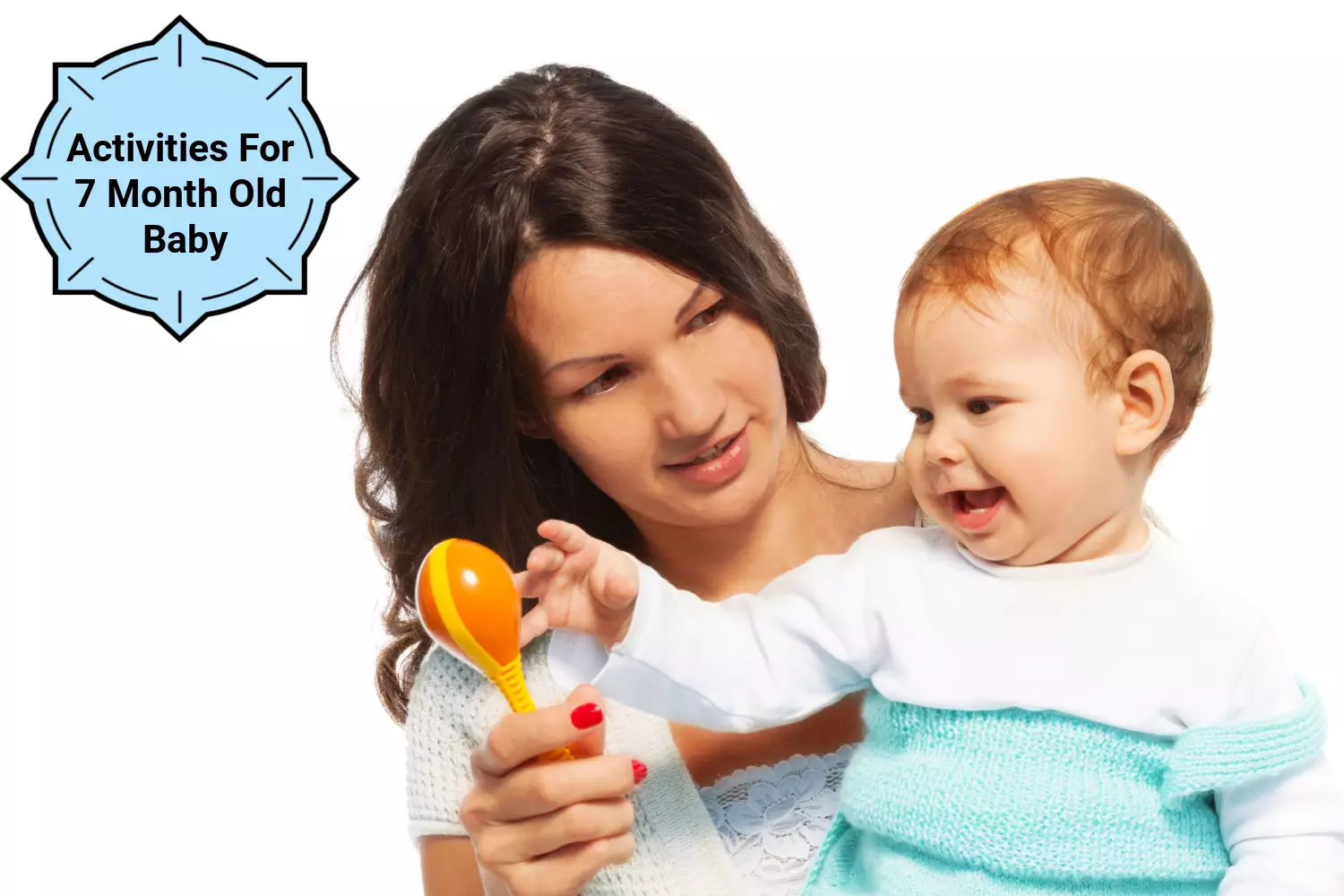
Top Activities For A 7 Month Old Baby – Benefits and Tips For Parents
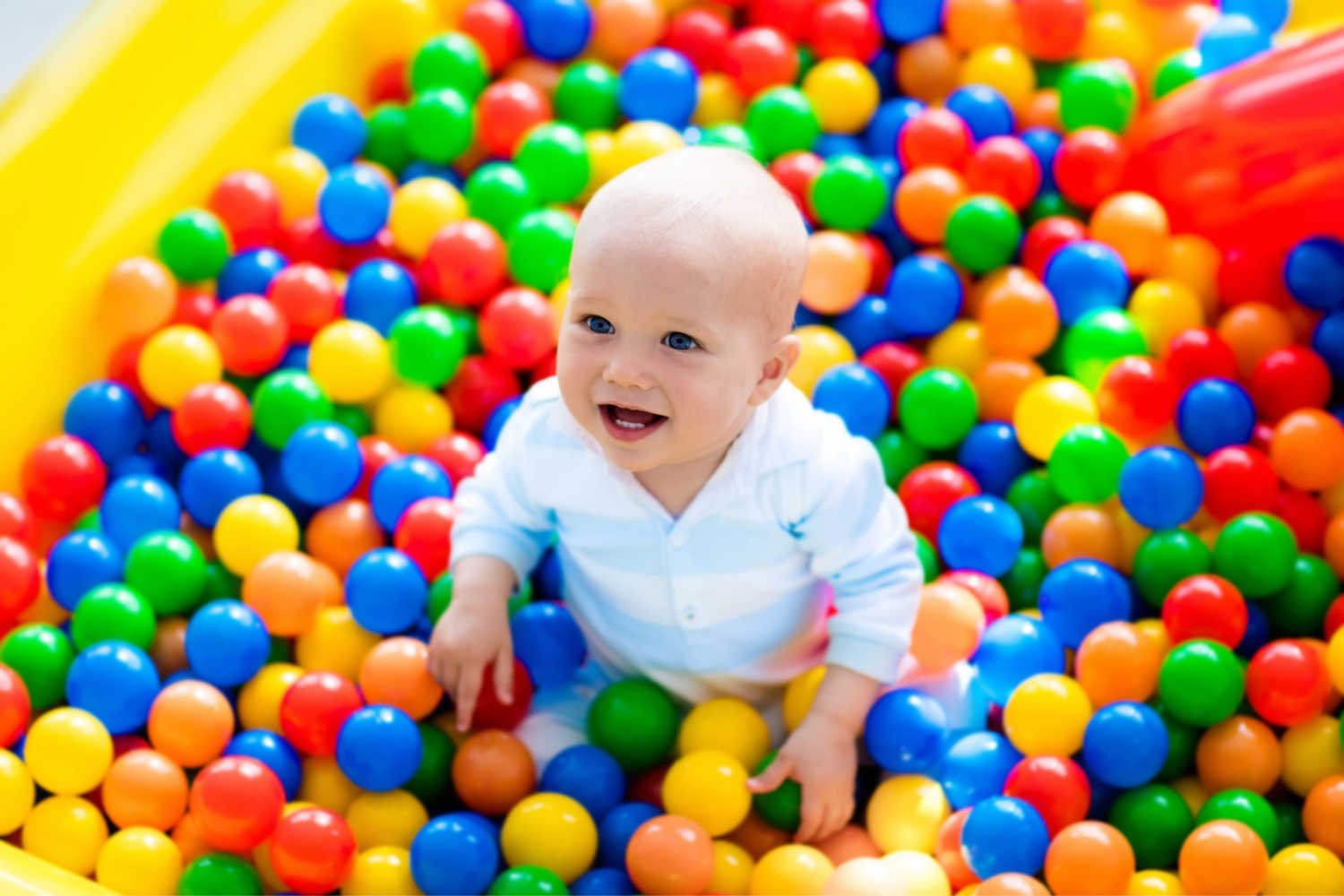
Ball Pit Balls For Babies – How it Helps in Baby’s Development
Sponsored content
Discover great local businesses around you for your kids.
Get regular updates, great recommendations and other right stuff at the right time.





